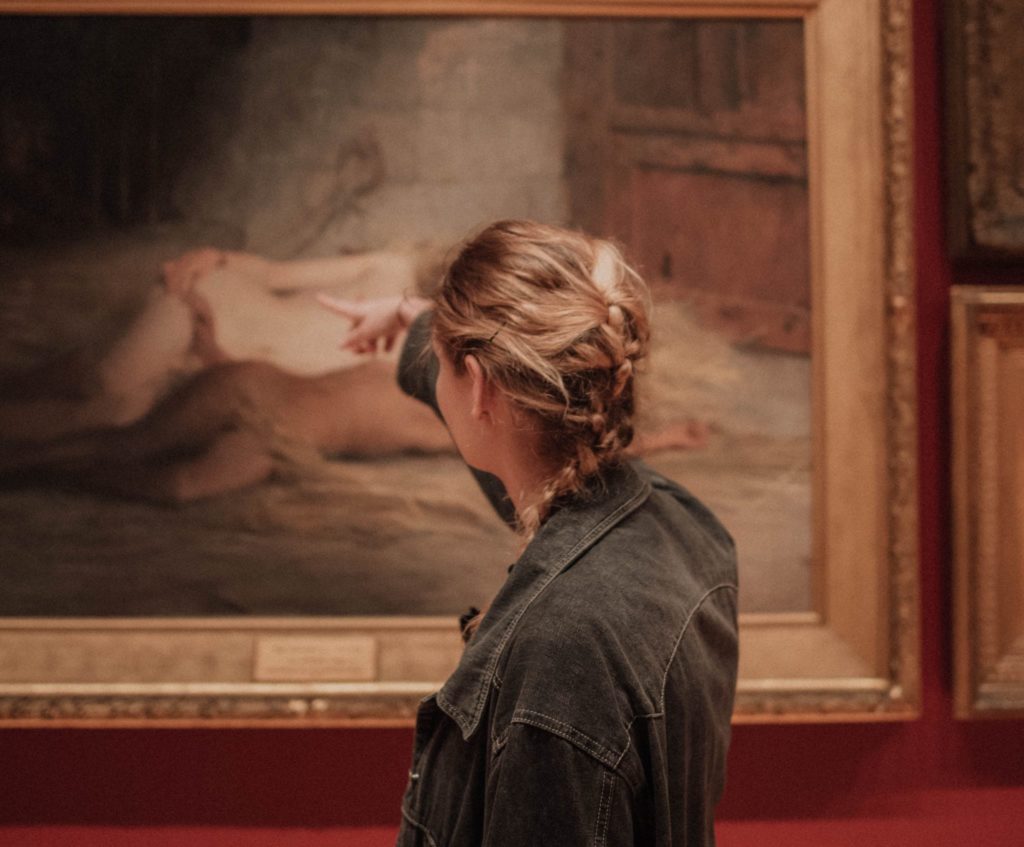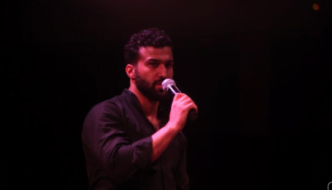
Image: Unsplash
There is a reason why the majority of successful full-time artists come from wealthy backgrounds, and it’s only getting worse. This is not just because university fees are unaffordable, but after university, there is no help to get into employment unless you’re willing to spend a lot of time working for free – this is something that only the privileged few can afford to do. Don’t get me wrong, I’m from a middle-class background myself and I’m not trying to speak for people from less privilege (I’m not pulling a John Lennon and pretending to be working class for the clout) but I still can’t afford to be working for free. Every arts graduate knows the phrase “do it for the exposure” all too well. This is unacceptable. Imagine telling bankers they had to work for free for at least a year to even get a chance at paid employment, we’d have no bankers. This might be a good idea actually.
Anyway, I’m going off on a dreamy tangent there. I’m currently writing this on the sly in my part-time-minimum-wage-temporary-contract art job (we’ve got no customers in right now so it’s fine), and I’m also on universal credit so I can still work on my own practice and don’t have to juggle multiple jobs. I’ve spent the last five years in uni, getting a BA and then an MFA, and this is what I’m facing post-uni. This story is not uncommon and I count myself lucky to have:
1. A family that let me live with them rent free, and
2. An actual art-related job with an independent organisation that do great work.
The majority of people I know who studied fine art (or other arts degrees) are not in jobs at all related to their field of study, they’re working in offices and shops and bars. Those who do have a related job are either working for free or for very low pay and usually on a part-time, temporary basis. I’d like to acknowledge here that this often isn’t the fault of the individual organisation (especially if they are a small independent), but it’s the lack of funding that these organisations get that means they can’t employ people on a more stable basis. However, there is no excuse for Tate not paying their interns, that one’s on them.
I know plenty of people who have three or four jobs so they’re able to pay the bills and also gain relevant experience. I also know plenty of people who have done the same as me and moved back in with their parents because they can’t afford rent if they’re trying to focus solely on an arts career. Then there are those who are juggling freelance work (which people so often expect to be done for free) with non-art jobs.
Just had to take a break from writing while a woman stopped to tell me if she had to stand here and do my job all day it would absolutely do her in.
The idea that art workers (whether freelance or in organisations) should work for free or for very little pay stems from the belief that artistic talent is a natural ability, something we don’t have to work hard to develop – this is hugely damaging, and perpetuates the devaluing of our skills. Yes, I am a good writer and curator, but I have spent five years in university working on my practice. No-one is born a good artist, just as no-one is born a good doctor, they are skills that we spend years developing, and the idea that we are just naturally good at these things adds to the idea that we should do them for free. I think as a society we really need to work on our attitude towards artists and the skills they have. Please, try not to say things like “oh I wish I could do that” to artists – the reality is you could do that if you put in the same amount of work that they have. Instead, try saying things like “wow that’s incredible, it must have taken you so long to become that skilled”.
I’m aware that I’ve just been talking about my own experience and the experiences of people around me, so let’s get to some stats. While the highest employment rate is medicine with 95% of graduates* in work, and languages is the lowest with 84%, arts subjects sit somewhere in the middle with 88%. However, when we look at the average income of graduates, we see that arts are by far the lowest. And I’m not lying when I say by far. While the highest earners are (surprise, surprise) engineering graduates averaging a huge £44,980, arts graduates average £20,696. This is more than £3000 less than the next lowest, media and information studies, which is a huge gap. These statistics are taken from 2017 in which the average UK salary was £28,600. This tells us that while a good proportion of arts graduates are employed, they are earning significantly less. This is likely because they are in the scenarios I mentioned earlier, low paying or part-time arts jobs, or they’re in non-art related jobs that don’t require a degree and therefore pay less.
Writing this has left me feeling pretty hopeless so I’m trying to think of solutions to end on a more positive note, but to be honest, all I can think of is getting rid of the Tories and pumping way more money into the arts. That’s not too much to ask right?
* Graduate is defined as any person between 21 and 64 who is not enrolled on any educational course and holds a qualification higher than A-Level.
Filed under: Art & Photography
Tagged with: art degree, art job, art worker, education, employment, internship, low pay, organisations, skills, temporary contract, unpaid, unstable



Comments